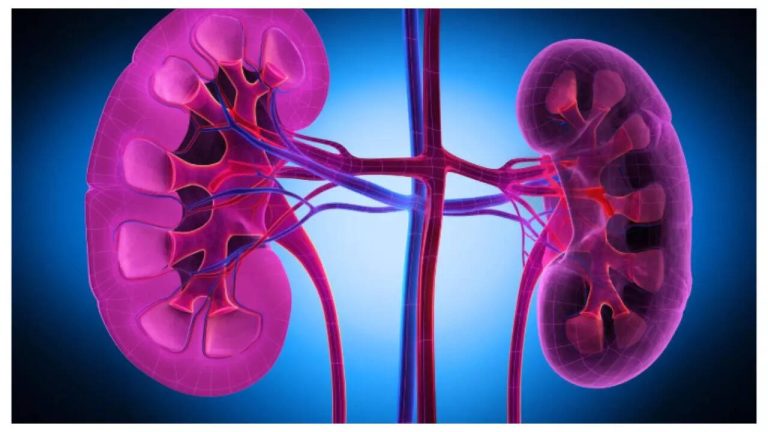“
Benefits of Regular Exercise on Mental Health
Regular exercise is a powerful tool for improving mental health and wellbeing. The Benefits of Regular Exercise on Mental Health are numerous, and research has shown that physical activity can have a significant impact on both physical and mental health. In this article, we will explore the benefits of regular exercise on mental health, and provide tips and advice on how to incorporate physical activity into your daily routine.
What are the Benefits of Regular Exercise on Mental Health?
Regular exercise has been shown to have a number of benefits for mental health, including reducing stress and anxiety, improving mood, and enhancing cognitive function. Exercise has also been shown to have a positive impact on sleep quality, which is essential for both physical and mental health. Additionally, regular physical activity can help to reduce symptoms of depression and anxiety, and can even help to prevent the development of these conditions in the first place. For more insights on mental health, check out our article on culinary journeys.
Reducing Stress and Anxiety
Exercise is a natural stress-reliever, and can help to reduce feelings of anxiety and tension. When we exercise, our body releases endorphins, which are chemicals that act as natural painkillers and mood-boosters. This can help to reduce stress and anxiety, and can even help to improve our mood. Additionally, exercise can provide a healthy distraction from the stresses of everyday life, and can help to improve our overall sense of wellbeing. For tips on enhancing your daily routine, consider reading about bringing nature’s beauty to your space.
Improving Mood
Regular exercise has been shown to have a positive impact on mood, and can even help to reduce symptoms of depression. Exercise releases endorphins, which can help to improve our mood and reduce feelings of sadness and hopelessness. Additionally, exercise can provide a sense of accomplishment and self-esteem, which can help to improve our overall mood and wellbeing. To learn more about maintaining a positive outlook, check out our post on unlocking luminous skin radiance.
Enhancing Cognitive Function
Exercise has been shown to have a positive impact on cognitive function, and can even help to reduce the risk of age-related cognitive decline. Regular physical activity can help to improve memory, concentration, and problem-solving skills, and can even help to boost our creativity and productivity. Additionally, exercise can help to reduce inflammation, which can damage brain cells and contribute to cognitive decline.
How to Incorporate Physical Activity into Your Daily Routine
Incorporating physical activity into your daily routine can be easy and fun, and can have a significant impact on both physical and mental health. Here are some tips and advice on how to get started:
- Find an activity you enjoy: Whether it’s walking, running, swimming, or dancing, find an activity that you enjoy and that makes you feel good.
- Start small: Don’t try to do too much too soon. Start with small, achievable goals, and gradually increase your activity levels over time.
- Make it a habit: Incorporate physical activity into your daily routine, and make it a habit. Try to do something active every day, even if it’s just for a few minutes.
- Find a workout buddy: Exercising with a friend or family member can be a great way to stay motivated and accountable.
- Track your progress: Keep track of your progress, and celebrate your successes. This can help to motivate you to continue exercising, and can even help to improve your overall sense of wellbeing.
Conclusion
In conclusion, regular exercise is a powerful tool for improving mental health and wellbeing. The benefits of regular exercise on mental health are numerous, and can include reducing stress and anxiety, improving mood, and enhancing cognitive function. By incorporating physical activity into your daily routine, you can take the first step towards a healthier, happier you.
See more:
https://www.ncbi.nlm.nih.gov/pmc/articles/PMC1470658/
https://www.mayoclinic.org/healthy-lifestyle/fitness/expert-answers/exercise/faq-20403109
https://www.apa.org/helpcenter/exercise-fitness






